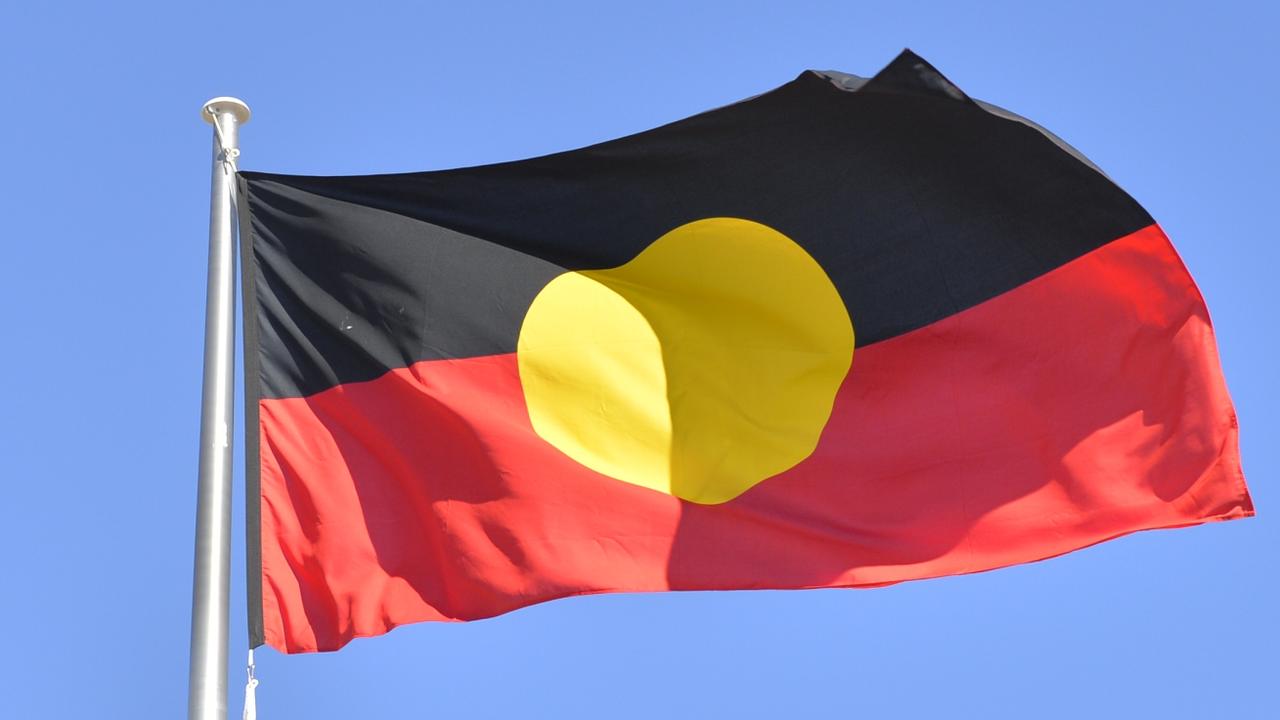Dozens of Australia’s leading social justice and civil society bodies are launching a new partnership to support the Indigenous voice to parliament referendum.
The Fred Hollows Foundation, Oxfam Australia, the Australian Council of Social Service (Acoss) and First Nations advocacy organisation Antar will lead nearly 150 organisations in the Allies for Uluru Coalition, which will be launched in Melbourne on Tuesday. The group will campaign for a yes vote in the referendum and includes members from the health, justice, human rights, environment, youth and housing sectors, including Unicef and Save The Children.
Although the voice body would be recognised in Australia’s constitution it would be a purely advisory body with no formal powers.
Details about how its membership would be selected and how the government would consult with it are unclear, says Dr Stewart Jackson, a senior lecturer in Australian politics at the University of Sydney.
He says it remains to be seen whether it will be truly representative of “the full range of diverse voices within the indigenous community” and how the government would manage differences of opinion within the voice body, should they be split on an issue.
Although campaigning is just beginning, the issue has already caused considerable upset in Australian politics, with a prominent Aboriginal senator Lidia Thorpe recently quitting the Australian Greens and her role as indigenous affairs spokesperson in order to campaign against the voice body.
Ms Thorpe, along with some indigenous groups, believes that the government should prioritise a treaty between indigenous peoples and the state before the proposed voice. Such a treaty would “sets the terms” for future negotiations about indigenous representation and reconciliation, she said.
Read more at the Guardian

